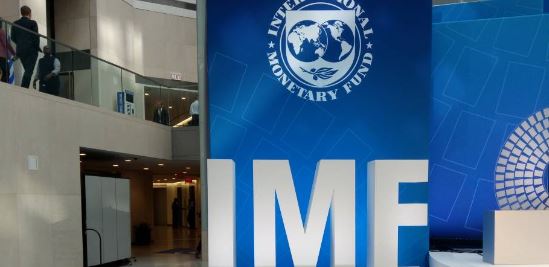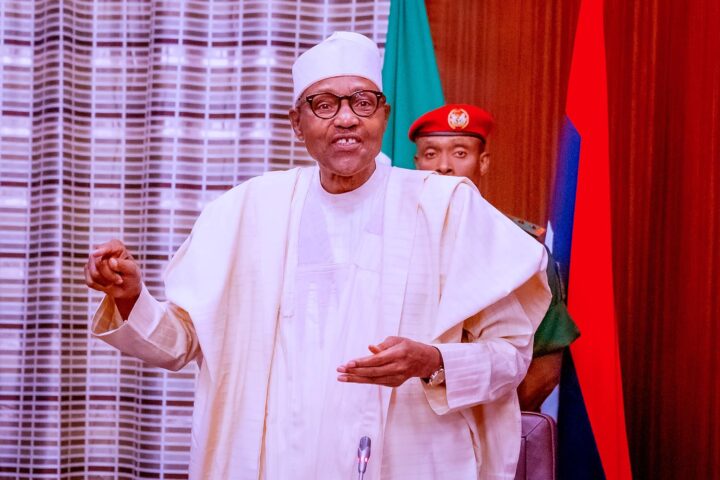The International Monetary Fund (IMF) has urged central banks to refrain from monetising excessive government debt.
Debt monetisation is when a government borrows money from the central bank to finance public spending instead of selling bonds to private investors or raising taxes.
The Washington-based institution, in its report titled ‘Rethinking monetary policy in a changing world’, said the ability of central banks to set monetary policy and control the economy in more volatile times is dependent on their independence.
As central banks hike interest rates and the government has to pay more for its debt, the hope is that authorities will cut back on expenditures, thereby cooling the economy and lowering inflation pressure, IMF said.
Advertisement
“The low interest rates and less extreme public debt levels that prevailed after the global crisis permitted central banks to ignore what were then relatively inconsequential interactions between monetary and fiscal policy,” it said.
“The period following the 2008 crisis was one of monetary dominance—that is, central banks could freely set interest rates and pursue their objectives independent of fiscal policy.
“Central banks proposed that the core problem was not rising prices, but the possibility that weak demand would lead to major deflation.
Advertisement
“As a result, they focused primarily on developing unconventional policy tools to allow them to provide additional stimulus.
“Central banks also felt emboldened to pursue policies that would simultaneously meet the need for further stimulus and achieve social objectives, such as hastening the green transition or promoting economic inclusion.
“During the COVID-19 crisis, circumstances changed dramatically. Government spending rose sharply in most developed economies.”
The IMF said as spending was increasing, countries were hit by supply shocks of unprecedented proportion.
Advertisement
The organisation said the supply shocks were largely the result of pandemic-related problems—such as supply chain disruptions.
“These added to inflation pressures. The pandemic demonstrated that monetary policy does not always control inflation on its own. Fiscal policy also plays a role,” the IMF said.
“More important, the accompanying buildup of public debt raised the possibility of fiscal dominance—in which public deficits do not respond to monetary policy.
“Whereas low debt levels and the need for stimulus allowed monetary and fiscal authorities to act in tandem following the global financial crisis, the prospect of fiscal dominance now threatens to pit them against one another.
Advertisement
“Central banks would like to hike interest rates to rein in inflation, whereas governments hate higher interest expenses.
“They would prefer that central banks cooperate by monetizing their debt—that is, by purchasing government securities private investors won’t buy.
Advertisement
“Central banks can retain independence only if they promise not to accede to any government desires to monetize excessive debt, which would then force authorities to cut spending or increase taxes, or both—so-called fiscal consolidation.”
The IMF added that central banks must remain well-capitalised to promote monetary dominance.
Advertisement
Add a comment






